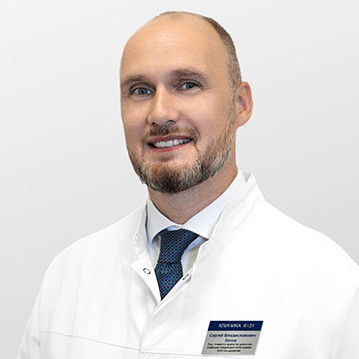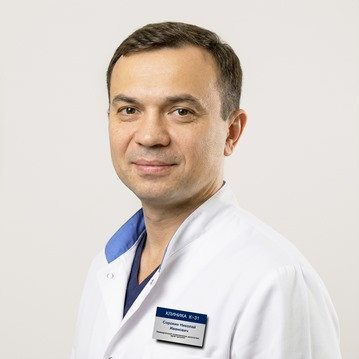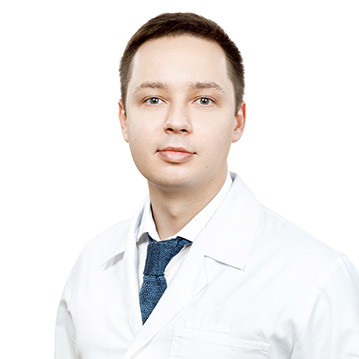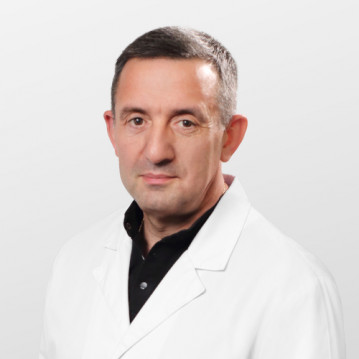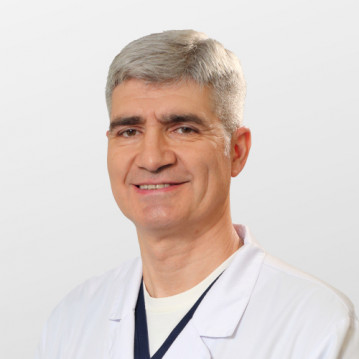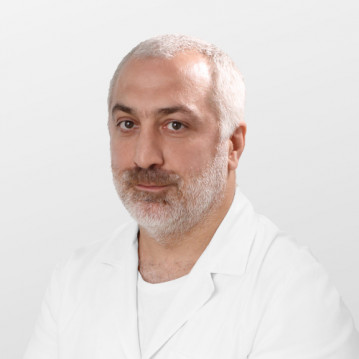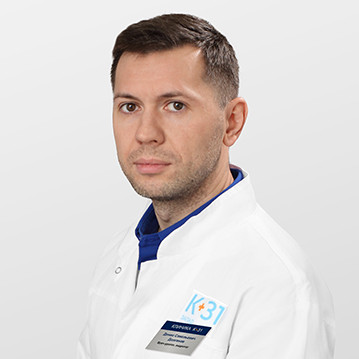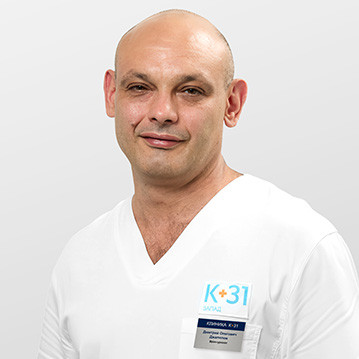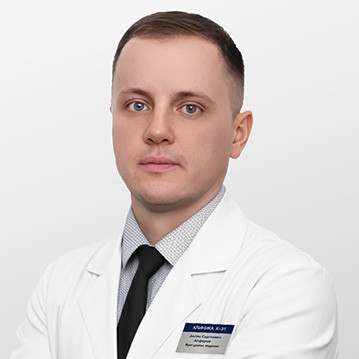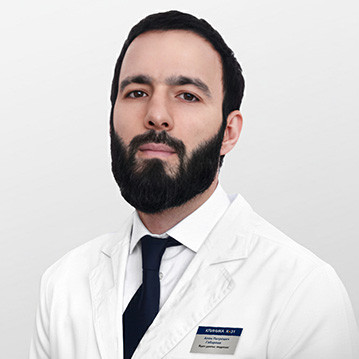Kidney stones are called nephroliths - these are hard formations that consist of calcium, oxalate, urate and cystine. These substances are in the urine, which is collected in the cavity - the pelvis, and then through the ureter enters the bladder. When the concentration of substances in the urine is high, crystals begin to form in the pelvis. If not removed, they harden and turn into stones.
There are different sizes and shapes. Cause:
- sharp pain in the side;
- nausea;
- vomit;
- Frequent and painful urination.
They lead to urinary tract infections and affect the functioning of the kidney. Depending on the size of the crystal, it is treated with medication or surgery.
In the multidisciplinary medical center "K + 31" highly qualified urologists with a scientific degree have been helping patients with problems of stones in the urinary organs for more than 14 years. Internships in leading clinics in European countries help doctors keep abreast of modern methods of diagnosis and treatment. The department of urology has the necessary equipment from leading manufacturers of medical equipment. This allows doctors to diagnose and treat solid kidney formations of varying complexity.
Why stones form in the kidneys
They are formed for various reasons. These include:
- Lack of fluid in the body - urine becomes more concentrated, which contributes to the formation of crystals.
- A diet rich in protein, salt and sugar increases the levels of calcium, oxalate and uric acid in the urine.
- Genetic factors - certain genes increase the risk of developing the disease.
- Medications - diuretics and antiepileptic drugs, increase the risk of crystal formation.
- Obesity leads to a change in metabolic processes that affect the formation of crystals.
- Some diseases are hyperparathyroidism, cystinuria and urolithiasis.
Urologists at the K+31 clinic help patients determine their individual risk and suggest what measures should be taken to prevent stones from forming. This helps to prevent the disease, which is easier than treating complications.
Symptoms of a kidney stone
Symptoms depend on the size and location of the lesion. These include:
- Pain in the lumbar region, which is common. It can be sharp or aching. Increases with movement or when the patient assumes certain postures.
- Pain or burning when urinating. This is due to the fact that the stone irritates the urethra and leads to discomfort.
- Frequent urination - the stone irritates the walls of the bladder and causes discomfort.
- Blood in the urine - hard formations damage the walls of the urinary tract.
- Nausea and vomiting - as the urinary tract is blocked and urine is difficult to pass.
If there is a suspicion of the presence of crystals in the urinary organ, it is important to see a doctor for diagnosis and treatment. Medical care is needed to improve the quality of life and avoid complications.
Diagnosis
Diagnosis is carried out in several stages. They include the following:
- Physical examination - the doctor asks questions about the symptoms, examines and determines if there is tenderness in the abdomen or lumbar region.
- Urine test - detects the presence of blood, protein and other substances that indicate kidney problems.
- Ultrasound examination is a common diagnostic method. Specifies the size and location.
- Computed tomography helps to visualize stones in hard-to-reach places in detail.
- X-ray is used to determine the formations that contain calcium.
- Magnetic resonance imaging (MRI) is used if there are contraindications for CT scanning.
For accurate diagnosis, a combination of the above methods is used. Once diagnosed, the doctor recommends treatments based on the size, type, and location of the stones.
